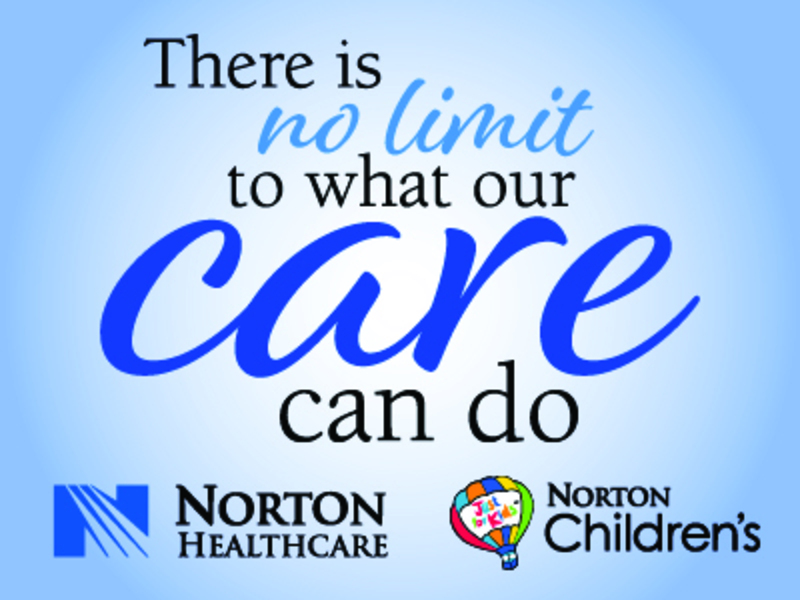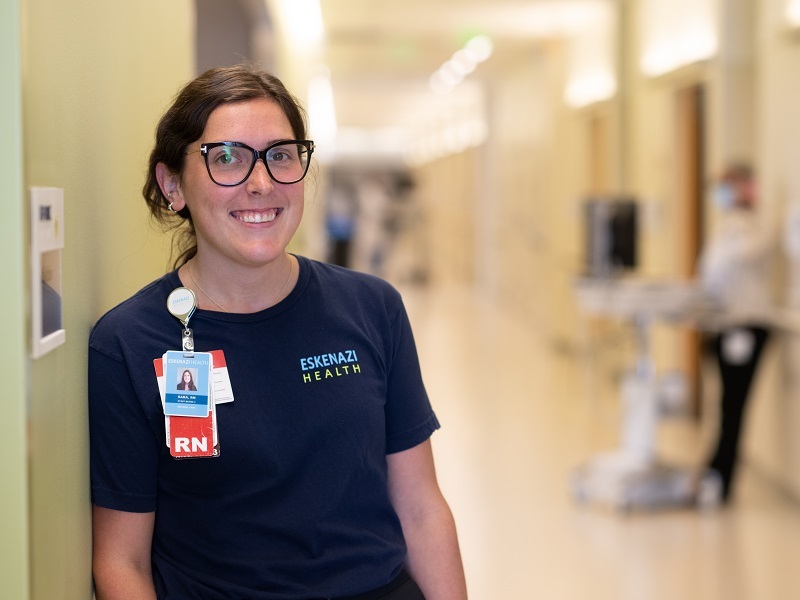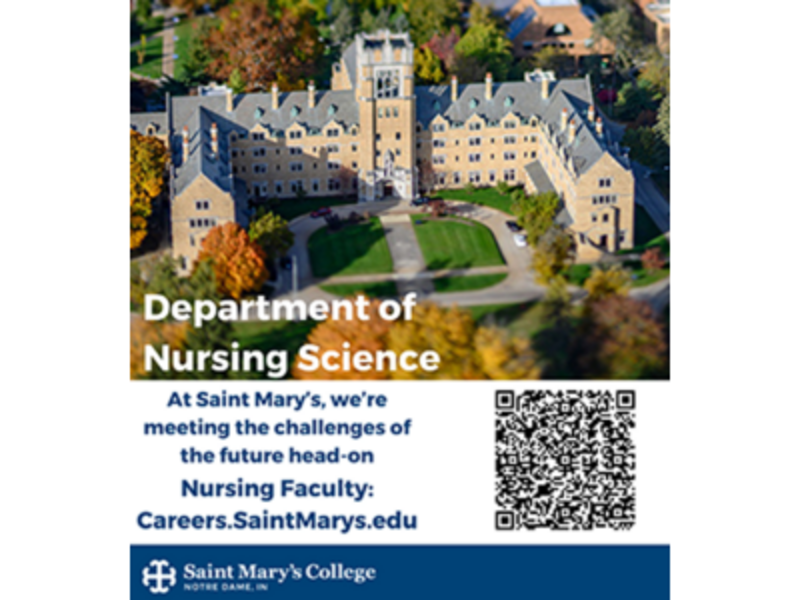Mentoring and supporting nurses in different stages of their careers are more important than ever since the pandemic. The Bureau of Labor Statistics projects 194,500 average annual openings for RNs between 2020 and 2030. Surveys also indicate that the pandemic accelerated retirement trends among older nurses. For example, in 2020, the median age of RNs was 52 years, with more than one-fifth indicating intent to retire from nursing over the next 5 years. With more experienced nurses retiring, new nurses seek guidance and connection. Well-developed and maintained mentorship offers many benefits to any nurse.
Mentorship involves voluntary, personal and professional, short- or long-term relationships, and it frequently occurs outside of a mentee’s employment setting. Having a mentor offers the following benefits:
- Practical insight and advice from a more experienced person
- A trusted partner to discuss career questions, goals, or challenges
- Improved interpersonal and communication skills
- A different perspective
- Help identifying career goals/new challenges/growth
- Encouraged and empowered personal development
- Increased confidence
- Access to a senior role model
Mentorship can create an environment for continuous improvement, self-discovery, attainable goals, improved job and career satisfaction, and enhanced leadership skills. Successful mentoring relationships typically reflect genuine interest from the mentor and the mentee, time commitment, trust, self-motivation, personal responsibility, clear communication, and mutually established goals.
Most nurses have little time at work for personal development. Connecting with mentors through professional organizations, such as the American Nurses Association (ANA), can benefit nurses who are making job transitions or thinking through their next career steps. Learning how others navigated similar challenges and getting an outside perspective can prove helpful. Connecting with other mentees also facilitates networking, learning about different nursing experiences, and creating a sense of community.
Mentorship can benefit a nurse at any career stage—not only new graduates but also experienced nurses considering their next career steps, looking to develop more leadership skills, or encountering changes or challenges in their professional or personal lives.
Three mentorship opportunities
ANA members have access to three avenues for networking and career development: virtual career mentoring, flash mentoring, and online communities.
The virtual mentoring program, launched in 2018, facilitates one-to-one mentoring relationships that connect early-career RNs (mentees) with experienced RNs (mentors). Mentees typically have only a few years of nursing experience and want to advance their careers with guidance from more experienced nurses. Mentors usually have many years of nursing experience working in various positions and work settings. Mentors are staff nurses, advanced practice RNs, executives, managers, professors and more, dedicated to advancing the nursing profession, interested in mentoring future nursing generations, and committed to leaving a positive legacy. Both mentors and mentees in the ANA mentorship program must commit to a long-term relationship of up to 8 months.
ANA recently launched flash mentoring for nurses seeking input from another professional but who can’t make an 8-month commitment. Flash mentoring offers a convenient and flexible one-time mentoring opportunity for those seeking rapid knowledge transfer.
The mentor and mentee online communities provide a safe space for nurses to discuss mentorship challenges and successes. Each online community has a dedicated manager who offers feedback and provides resources, guidelines, and tips on successful mentoring relationships. This timely and convenient professional development opportunity is a free ANA membership benefit.
Tips for success
A successful mentoring relationship starts with an icebreaker between the mentor and mentee, whether connecting via phone, video call, or, when possible, in person. Committing to regular meetings (whether weekly, biweekly, or monthly) and establishing the best form of communication lays the foundation for a successful relationship. Both parties must feel comfortable and set meeting intervals and communication styles that fit their personal schedules. Dedicating time and making a commitment are crucial.
Mentees should think about what they want from a mentoring relationship and come to the first or second meeting with ideas to help formulate clear goals. For example, if the mentee wants to go back to school for a nurse practitioner degree but needs clarification on where to begin, one goal could be to review MSN programs in the area and see if the mentee meets their matriculation requirements. The mentor could help the mentee set SMART (specific, measurable, achievable, relevant, and time-bound) goals. During meetings, the mentee could review what they’re learning and create more goals to progress toward entering an MSN program.
Practicing communication skills (writing down thoughts or ideas to discuss before meetings, actively listening to each other, and being transparent) supports a positive mentoring relationship. Continually evaluating the relationship, formally or informally, helps ensure that it remains positive and helpful.
Most mentors achieve personal and professional satisfaction from the relationship knowing that their support and guidance helps the mentee.
Evaluating mentorship relationships
- How often have we met?
- Are we a good match?
- Are we both satisfied with the amount of time we’re investing?
- What’s going well? What could be better?
- Should we shift our goals? Are they realistic?
- What do we appreciate about each other?
- How have we helped each other grow?
- How can we apply what we’ve learned to other aspects of our job/relationships?
National Mentoring Month
Each January marks National Mentoring Month, a nationwide campaign that elevates mentoring relationships and raises awareness about their importance. Nurses can get involved in the mentoring movement by participating in important events throughout the month, from I Am a Mentor Day
(January 7, 2024) to Thank Your Mentor Day (January 21, 2024). The highlight of the month is the Dr. Martin Luther King (MLK) Day of Service, which takes place this year on January 15.
Mentors and Mentees can express gratitude and bring awareness to the power of mentoring by spreading the word about National Mentoring Month on social media platforms and encouraging more nurses to become mentors. If you’re a mentee, consider posting notes of appreciation in the ANA online mentoring community to recognize the individuals who’ve encouraged and guided you.









